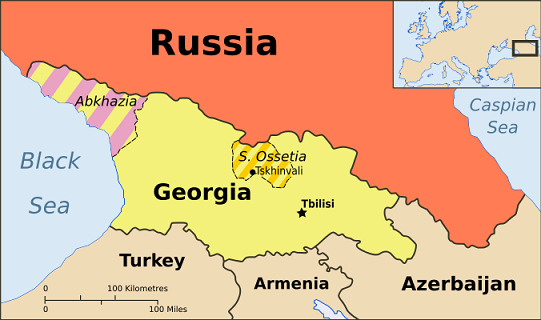Torque Control reports on the “20 essential science fiction books of the past 20 years” panel at the just finished Worldcon. These are the results of the jury:
- The Culture Novels, Iain M Banks (starting 1987)
- The Hyperion Cantos, Dan Simmons (starting 1989)
- Grass, Sherri S Tepper (1989)
- The Aleutian Trilogy, Gwyneth Jones (starting 1991)
- The Mars Trilogy, Kim Stanley Robinson (starting 1992)
- Snow Crash, Neal Stephenson (1992)
- The Flower Cities sequence, Kathleen Ann Goonan (starting 1994)
- Fairyland, Paul McAuley (1996)
- Diaspora, Greg Egan (1997)
- Revelation Space, Alastair Reynolds (2000)
- The Arabesks, Jon Courtenay Grimwood (starting 2000)
- Light, M John Harrison (2002)
- Stories of Your Life and Others, Ted Chiang (2002)
- Evolution, Stephen Baxter (2003)
- Pattern Recognition, William Gibson (2003)
- Cloud Atlas, David Mitchell (2004)
- Air, Geoff Ryman (2004)
- River of Gods, Ian McDonald (2004)
- Accelerando, Charles Stross (2005)
- Spin, Robert Charles Wilson (2005)
It’s a bit heavy on the series and a bit light on female authors, but its worst flaw is that there is little variety in the type of science fiction books on display here. There’s only one short story collection (two if you count Accelerando, which started life as a series of short stories), but no less than six different series considered essential. There’s a lot of cyberpunk and post-cyberpunk (Stephenson, McAuley, Egan, Gibson and Stross), as well as New Space Opera (Banks, Simmons, Reynolds, Baxter), some smattering of big literary books (Harrison, Ryman and Mitchell, arguably Gibson as well) and in general these are all Big, Important books liked by science fiction critics. Which is understandable, as this list was created by a a panel of science fiction critics after all. This is not to complain that this list is too literary, far from it. Most of these books are hardcore science fiction, beloved by fans and critics alike and which were paid a lot of attention when they were originally published. It’s a great list of books, but I think it will give you a skewed view of “the state of science fiction” of the past
twenty years.
For a start, if you really wanted to show how science fiction developed over this time period, one of the first books you have to put up would be Timothy Zahn’s Heir to the Empire, the first in his trilogy of Star Wars spinoff novels, because it was in no large part due to these that the fortunes of this franchise revived. Its success led to a veritable flood of other Star Wars spinoff books and comics, proved that there was still a market for Star Wars so ultimately paved the way for the prequels. Frnachise books have always been an important, if slightly embarassing part of science fiction, so a list of essential books needs to have at least one of them.
Also conspicious by their absence is any kind of mil-sf or alternate history novel. You could argue that the Jon Courtenay Grimwood series is alternate history, but there the divergence is only used as background. What’s missing is a novel like Christopher Priest’s The Separation or Jo Walton’s Farthing, where the point of the novel is to explore how history could be altered and what the consequences would be, rather than using this as just another exotic setting.
As for mil-sf, this is a genre that came of age exactly in the timeperiod covered by the list, yet you wouldn’t know it from this. Partially this might be because so much of it is so goddamn awful, but there have been some good examples of the genre as well. If David Weber is a step too far, what about any of Lois McMaster Bujold’s Vorkosigan novels, or even Theodore Judson’s Fitzpatrick’s War?
But the most glaring mistake on this list is that it has Greg Egan’s Diaspora, rather than any of his short story collections, which are a) much better and b) much more representative. Egan was one of the last sf writers who came to prominence through writing short stories as opposed to novels. Sure, there have been many writers since then who’ve broken into science fiction with short stories, but I can think of only a handful who got the same buzz as Egan did solely on their short stories: Ted Chiang, Paolo Bacigalupi (even if I can’t stand them myself) and perhaps Charlie Stross. To leave out Luminous or Axiomatic in favour of Diaspora is just bizarre.
